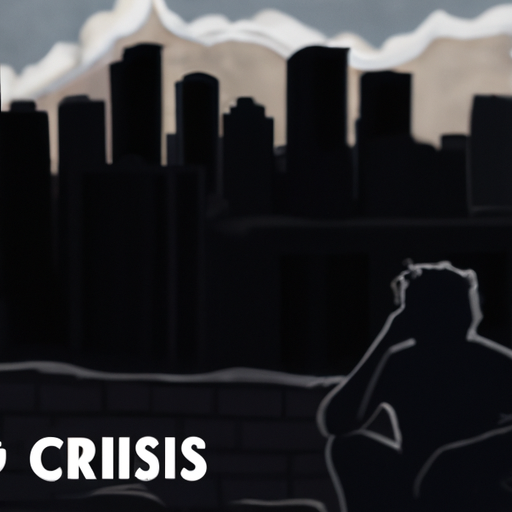Decoding the Opioid Crisis in Calgary: A Canadian Struggle
Canada’s opioid crisis has been undoubtedly ravaging society’s health, welfare, and well-being. One city that continues to combat these escalating challenges is Calgary, which emerged as the unfortunate epicenter of this national problem. A CBC article gives us a more profound look into this crisis, laying bare the graveness of the situation and urgency of effective solutions.
Calgary Opioid Crisis: A Snapshot
Calgary’s homeless population has particularly been hard hit, with a significant increase in opioid-related fatalities amongst this vulnerable group. At the heart of the city’s escalating opioid crisis is the deadly narcotic fentanyl — a drug so potent it can be fatal in small doses. Over the past five years, the deaths caused by opioids have quintupled in Alberta’s biggest city, marking a dark spot in Canada’s opioid narrative.
Calgarian Voices
The CBC article provides testimonies from several local Calgary citizens, each uniquely affected by this devastation. A mother who lost her son to opioids points out the urgent need for Calgary and other Canadian cities to break away from the social stigma associated with addiction. Others note that the impacts of the crisis extend beyond health costs, discussing the connection between opioid use and crime in Calgary.
The Relationship Between Opioids and Crime in Calgary
A local business owner highlights the significant increase in crime due to the opioid crisis. From vandalism to theft, businesses are bearing the brunt of this healthcare issue, illuminating the ripple effect the opioid crisis has on Calgary communities’ overall wellbeing and security.
Canadian Opioid Abatement Class Action: A Step Forward
Amid this catastrophic health crisis, Canada has not been stagnating. The Canadian opioid abatement class action lawsuit represents one of the many steps by legal and health sectors to combat this crisis. This lawsuit targets opioid manufacturers and wholesalers, holding them accountable for their roles in propagating this public health disaster.
Key Points in Decoding the Calgary Opioid Crisis:
- The Calgary opioid crisis continues to worsen, with opioid-related fatalities rising significantly amongst the homeless population.
- The crisis is driven by highly potent drugs, like fentanyl, contributing to a rise in related deaths over recent years.
- First-person testimonies bring to light the urgent need for breaking addiction stigma as it hampers the fight against the crisis.
- Increasing crime rates, including theft and vandalism, are indicative of the crisis’s far-reaching impacts beyond health costs.
- The Canadian opioid abatement class action lawsuit marks a significant step in holding key stakeholders accountable, highlighting the collective efforts being made in combating the crisis.
Utilizing Naloxone: A Lifesaver in the Crisis
Beyond legal avenues, critical life-saving strategies have been implemented to combat the crisis. Using naloxone—an opioid antagonist that reverses an overdose—has become common practice by not only health workers but also community support organizations and regular citizens.
The value naloxone kits provide in rescuing someone from a potentially lethal overdose is immeasurable. As such, the government’s initiative to provide free naloxone kits across Alberta marks a crucial step in alleviating this crisis’s impact.
In Summary:
The opioid crisis presents an urgent national public health issue, affecting not only individuals but also communities, economy, and society at large, Calgary being no exception. The voices from this city remind us of the human cost of this unconscionable crisis, highlighting the urgency for a broad societal effort to combat it.
While tools such as naloxone provide critical immediate responses, efforts such as the Canadian opioid abatement class action reflect a systemic pushback against the roots of the crisis. The fight against the opioid crisis requires a collaborative effort among health professionals, lawmakers, community leaders, and citizens. Together, we can overcome this crisis, reduce opioid-related fatalities, impact on crime and homelessness and help bring about a healthier, safer, and more harmonious community for all.
